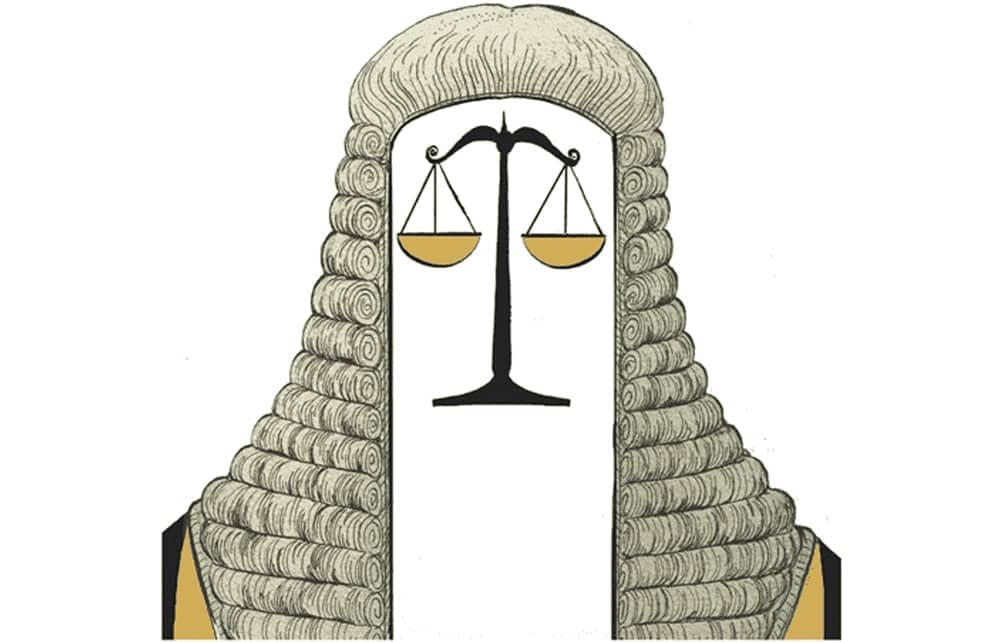Two new measures, aimed at toughening the justice system, came into force last month. The first, known as Tony’s Law, enables the courts to impose a life sentence on anyone who causes or allows the death of a child or vulnerable adult in their care, while the maximum term for cruelty that leads to serious physical harm has been raised from ten to 14 years. The law’s title is a tribute to Tony Hudgell, a remarkably determined eight-year-old boy who, when he was a baby, was so badly abused by his parents, Jody Simpson and Tony Smith, that both his legs had to be amputated. Angry that these torturers were only sentenced to ten years each, the family who adopted Tony led the campaign for longer punishments and, partly due to Tony’s heroism, they achieved their goal.
Tony’s Law was accompanied by Harper’s Law, which imposes mandatory life sentences on the killers of frontline emergency workers. Named after PC Andrew Harper, who was killed by three thugs while he investigated a burglary in August 2019, the measure was the result of a powerful campaign by his widow Lissie and much of the tabloid press. ‘I know without hesitation that my husband would have been immensely proud of this achievement in his name,’ she said on the enactment of the law last week.
There can be little dispute about the worthiness of these causes, but the measures reflect a growing fashion for new laws to be named after high-profile victims. Increasingly, legislation is treated as a personalised form of commemoration, where the instinctive response to many tragic or emotive cases is not just to express sympathy but to press for statutory change. This practice started in the USA, where it is sometimes known as ‘apostrophe law’, and is now becoming ever more common here.







Comments
Join the debate for just £1 a month
Be part of the conversation with other Spectator readers by getting your first three months for £3.
UNLOCK ACCESS Just £1 a monthAlready a subscriber? Log in